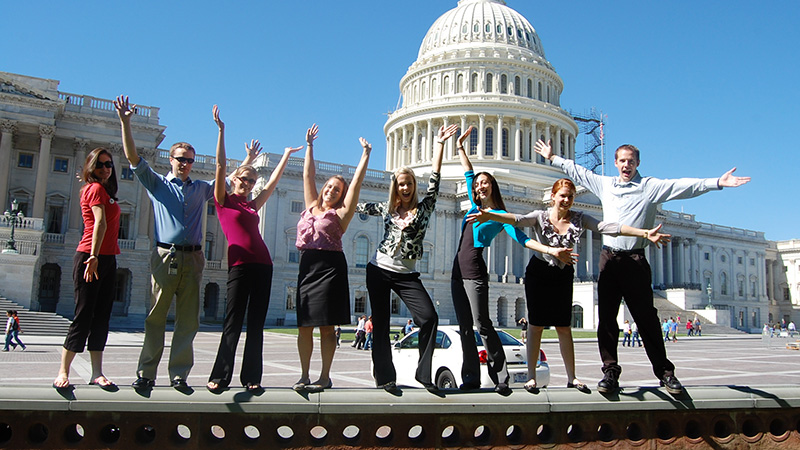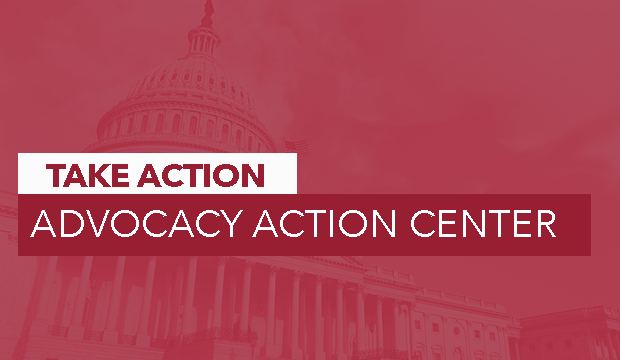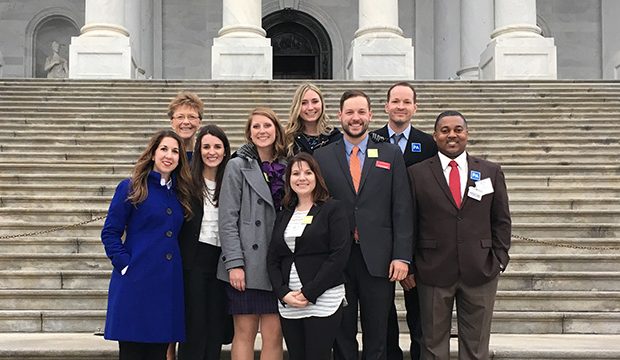Grassroots Advocacy
Legislators are waiting to hear from PAs — grassroots advocacy is something all PAs can, and should, do! Get the tools you need to be an effective advocate and speak for the PA profession and your patients.


Advocacy Action Center
Take action on federal and state advocacy alerts and communicate with your legislators using AAPA’s new Advocacy Action Center.

Grassroots Advocacy and Information Network (GAIN)
Join AAPA’s nationwide network of PAs who are strengthening the future of the profession by building relationships with legislators.
How a Bill Becomes a Law
Watch this video for a quick refresher for PAs on how a bill becomes a law.

Increasing Advocacy Effectiveness
Tools to help PAs, PA education programs, chapters and constituent organizations advocate more effectively.
Resources
Connect with Legislators at Home
All PAs are urged to make appointments to visit members of Congress in their district offices, attend local town hall meetings or round-table discussions, or even host a legislator at your facility to engage face to face with legislators about the role and impact of PAs in healthcare delivery.
Hosting Legislators at Your Practice
Tips for hosting a federal legislator (senator or representative) or open-seat congressional candidate at your practice.
Step by Step: A Successful PA Day at your State Capitol
Five steps to help you have a successful PA Day. Available for members only.
State Practice Profiles
AAPA advocates for PA-positive laws and regulations in every state. View a snapshot of PA practice in your state.
Town Hall Meetings
Town hall meetings can be a great opportunity to urge support for PA-positive legislation, raise awareness of the PA profession and your role in the community, or simply introduce yourself as a healthcare resource your legislator can count on.